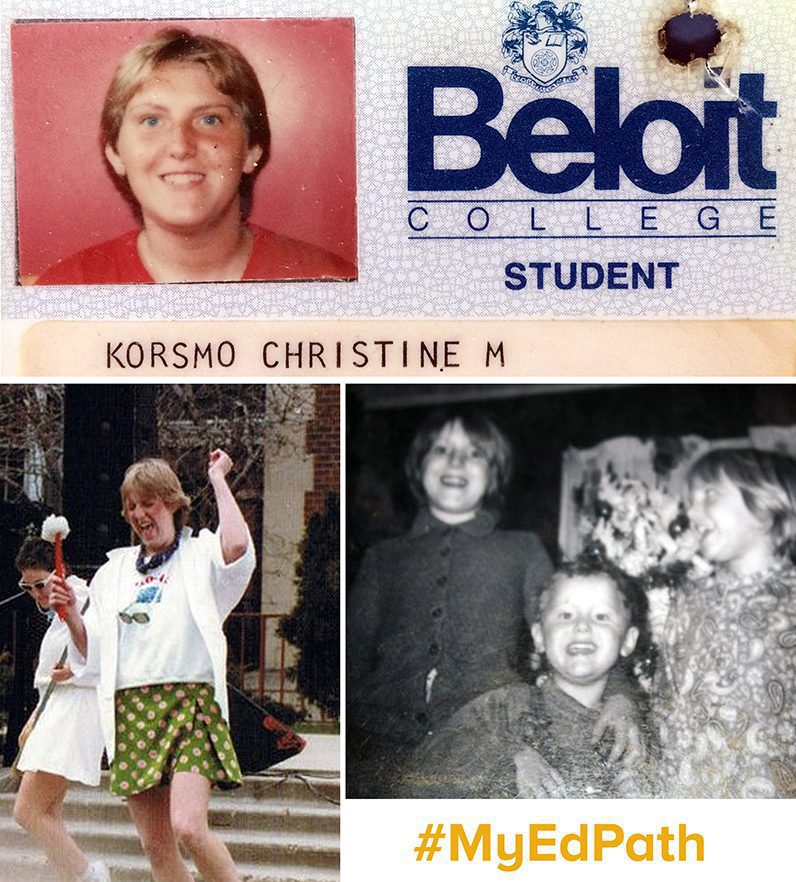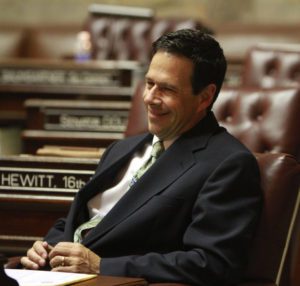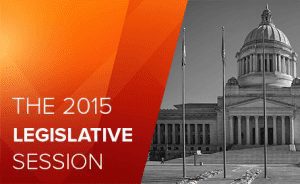Korsmo’s Weekly Roundup: There’s Also a Price When We Don’t Pay

Happy Friday to you, Friends!
If you’re playing along at home, we are two weeks past the midway point of the legislative session. You can keep score here. Let’s dive right in.
If You Spend it They Will Come: If it’s true what Oscar Wilde (and with slight revisions, P.T. Barnum) said, “the only thing worse than being talked about is not being talked about,” then Senate Republicans should feel great about their budget coverage. You cannot swing a dirty sweat sock in this town without breathless headlines and clever turns of phrase. With a $1.8 billion increase to K-12 education, Senate Republicans have said they are fully funding “basic education,” the point of the McCleary decision and subsequent rulings by the Supreme Court. The budget gives further legs to the Senate’s education plan released earlier this session with levy reform playing a leading role in the “how to pay for it” discussion. We can all agree that there’s also a price when we don’t pay…
This opening budget salvo did come at a price to higher education, early learning, housing and food assistance – cuts we hope are restored (and then some) when final negotiation are under way. And at the time of this writing it looks like Republican senators are open to those conversations. With the Senate budget out, we expect the House to put their plan forward next week. Both chambers would do well to invite this journalist to the negotiating party.
Rigorous Rigor: Last week I had a little soapbox moment about the attempts to roll back high school graduation requirements. This week, there’s more evidence that raising expectations (and supports) raises outcomes. Sometimes you gotta ask yourself whether it’s funny when you’re the butt of the joke.
De Minimizing the De Minimis: You may have noticed the Supreme Court Nominee Neil Gorsuch was engaged in multiple rounds of Senate confirmation hearings this week. A funny thing happened on the way to the marble arch. The U.S. Supreme Court – they of the even numbered variety for over a year now – managed a unanimous decision. On special education. Overturning a case from the 10th Circuit from which Gorsuch hails. I’m not one who typically exalts the writings of Chief Justice Roberts, but do not miss this:
“When all is said and done, a student offered an educational program providing ‘merely more than de minimis’ progress from year to year can hardly be said to have been offered an education at all,” wrote Chief Justice John G. Roberts Jr., who wrote the 16-page opinion. “For children with disabilities, receiving instruction that aims so low would be tantamount to ‘sitting idly… awaiting the time when they were old enough to “drop out.” ’ ”
Oh, SNAP!
Lovely, Lively Reads:
- How the East (eastern part of Washington, anyway) was made.
- Busting learning myths.
- That immovable object in your basement might be your millennial.
- Jurassic Park Redux.
As always, thank you for all you do on behalf of our kids.
Chris
Want to get the Weekly Roundup in your inbox? Sign up here


 It is unfortunate that the first time I return to this blog a year after leaving the League of Education Voters is for the purpose of memorializing Andy Hill, though I can think of few people more worthy of praise and remembrance.
It is unfortunate that the first time I return to this blog a year after leaving the League of Education Voters is for the purpose of memorializing Andy Hill, though I can think of few people more worthy of praise and remembrance. In the 2017 legislative session, Washington state is poised to make historic investments in basic education. But what will those dollars buy? The current program of “basic education” is not robust enough to meet our “paramount duty” and ensure that all students have the knowledge and skills to compete in today’s economy and participate in our state’s democracy. The upcoming investment provides an unprecedented opportunity to rethink our system of education and the resources and tools at our disposal to provide Washington students with the education promised by our Constitution.
In the 2017 legislative session, Washington state is poised to make historic investments in basic education. But what will those dollars buy? The current program of “basic education” is not robust enough to meet our “paramount duty” and ensure that all students have the knowledge and skills to compete in today’s economy and participate in our state’s democracy. The upcoming investment provides an unprecedented opportunity to rethink our system of education and the resources and tools at our disposal to provide Washington students with the education promised by our Constitution.

 One such school district is West Valley, in the Yakima area. West Valley began requiring 24 credits for high school graduation beginning in the 2001–2002 school year, when they increased their English language and social studies requirements. The second phase of the transition to a College and Career Ready Diploma happened in the 2006–2007 school year, when the district increased their math and science requirements. In 2013, more than 80 percent of their seniors graduated from high school, and of those who graduated, 67 percent continued onto college.
One such school district is West Valley, in the Yakima area. West Valley began requiring 24 credits for high school graduation beginning in the 2001–2002 school year, when they increased their English language and social studies requirements. The second phase of the transition to a College and Career Ready Diploma happened in the 2006–2007 school year, when the district increased their math and science requirements. In 2013, more than 80 percent of their seniors graduated from high school, and of those who graduated, 67 percent continued onto college.  The League of Education Voters has long argued that a child’s education should be a continuum with seamless transitions from early learning through higher education. We have worked with partners around the state in pursuit of that vision, including with the
The League of Education Voters has long argued that a child’s education should be a continuum with seamless transitions from early learning through higher education. We have worked with partners around the state in pursuit of that vision, including with the